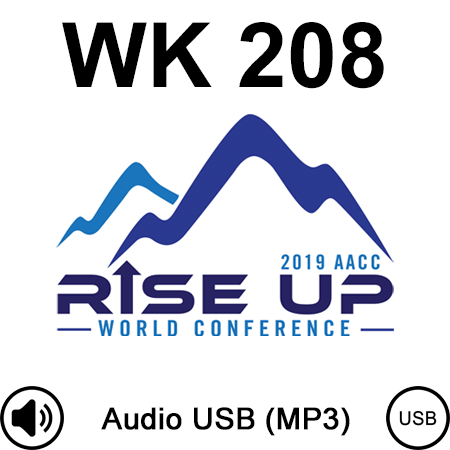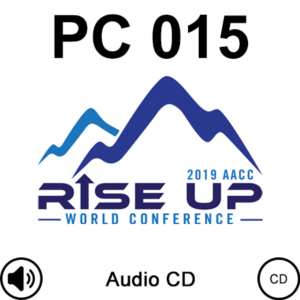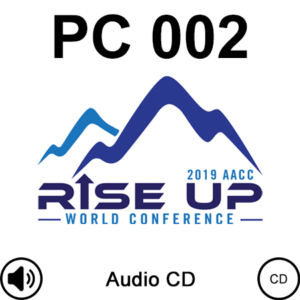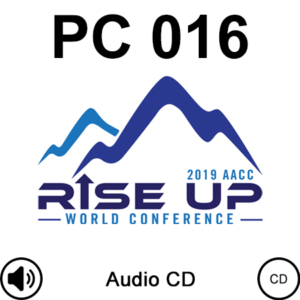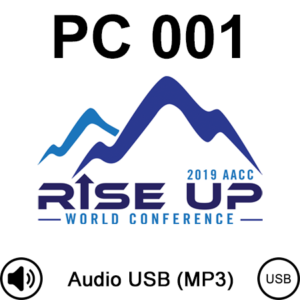Description
Most family therapy recognizes that the counseling process should take a systemic perspective.
Unfortunately, the children in these families are often forgotten in the treatment process or are
compelled to participate in traditional ???adult? verbal therapy. This can be remedied by the use
of expressive interventions, such as family play therapy, sandtray therapy, and art therapy. This
marriage of family and expressive therapies includes all members of the family, especially the
youngest members, who often have the potential to make the greatest contribution to the
therapeutic process. The use of expressive interventions often provides family therapists with a
wealth of information about the covert communication and relational dynamics in the family.
Expressive methods enable those in the family who have a difficult time articulating their issues
to express themselves, and reach past the verbal defenses of those in the family who use words
to hide issues or protect themselves. The use of expressive therapy interventions ???levels the
playing field? for all members of the family, particularly children. The valuable contribution that
children can make to the family treatment process is lost when they are not given the
opportunity to fully participate. The creative and pleasurable elements of expressive methods
not only provide a family with new ways to communicate within sessions, but also build
relationship skills that family members can take with them outside of the therapy process. This
practical workshop will explore a variety of expressive therapy techniques that help focus and
facilitate the family counseling process.
Presented by: Daniel Sweeney, Ph.D.
Learning Objectives
Participants will:
- Describe the importance of full inclusion of all members of the family in the therapy process, regardless of developmental age
- Identify the benefits of using expressive therapy techniques in the family counseling process
- Discuss and describe specific expressive therapy techniques that can be employed in the family therapy process

